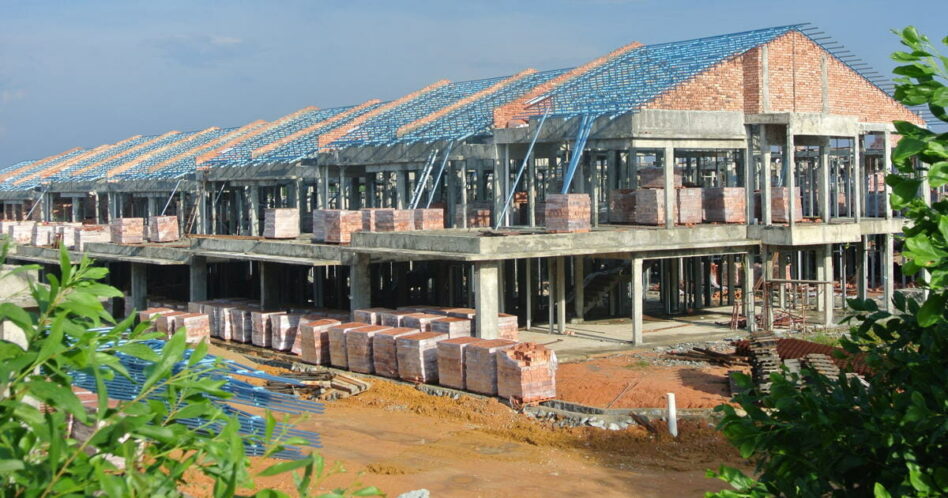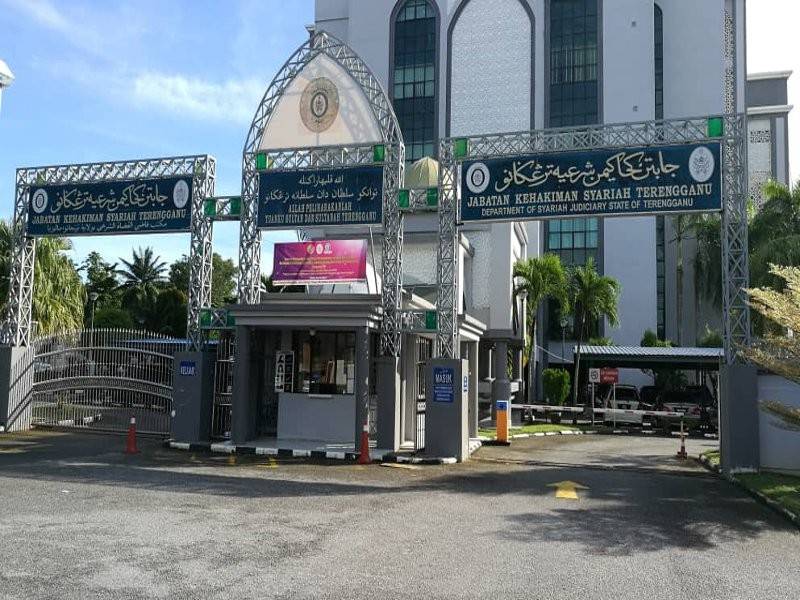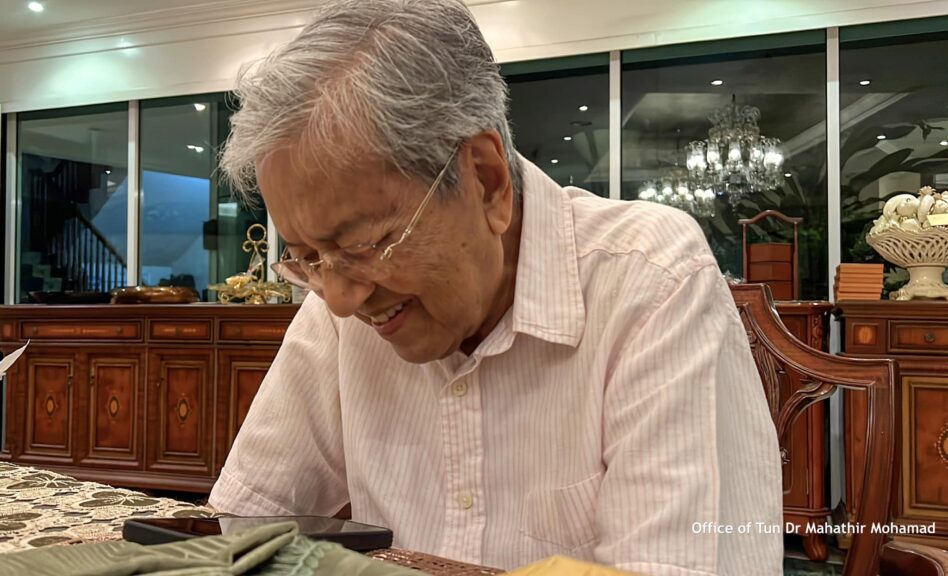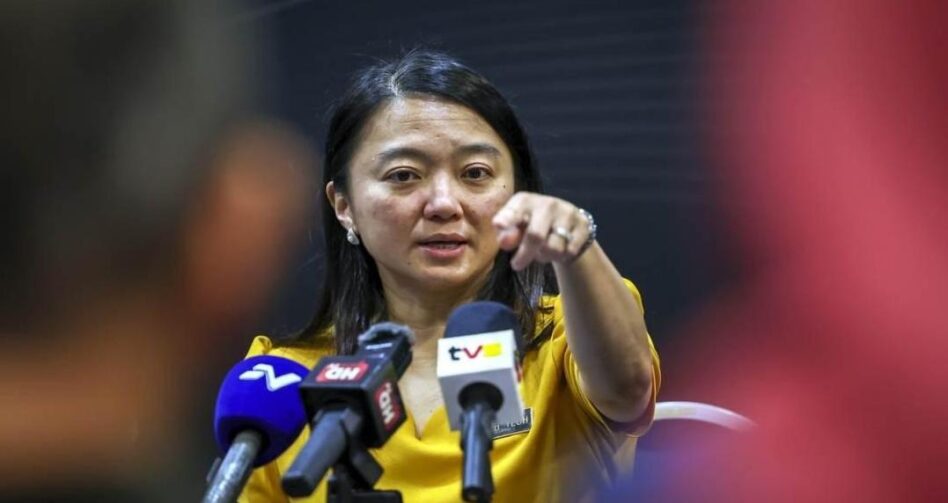THE APEC 2020 ended on a high note on Friday with the adoption of the APEC Putrajaya Vision 2040 and the 2020 Kuala Lumpur Declaration at the first ever fully virtual Asia Pacific Economic Cooperation (APEC) Economic Leaders’ Meeting (AELM) hosted by Malaysia.
Chaired by Malaysian Prime Minister Tan Sri Muhyiddin Yassin, the AELM was participated by all 21 APEC Economic Leaders.
The APEC Putrajaya Vision 2040 will further advance the Bogor Goals, which were launched in 1994 and reach maturity this year.
The Putrajaya Vision aspires for an open, dynamic, resilient and peaceful Asia-Pacific community by 2040 for the prosperity of all its people and future generations.
The Vision also identifies three key economic drivers to achieve this aspiration, namely trade and investment, innovation and digitalisation as well as strong, balanced, secure, sustainable and inclusive growth.
In addition to the Putrajaya Vision, the leaders also adopted a consensus declaration, a document that has remained elusive in the past two years.
Closing the meeting yesterday, Muhyiddin said that the senior officials worked until the 11th hour to come to an agreement on the declaration.
“This, for me, is a clear demonstration of what we are capable of accomplishing, when we set aside our differences and focus on our shared values,” he said in his speech.
In the Kuala Lumpur Declaration, the leaders highlighted the need to facilitate equitable access to safe, effective and affordable vaccines.
They also noted the importance of a free, open, fair, non-discriminatory, transparent and predictable trade and investment environment to drive economic recovery, and reaffirmed support for the on-going work at the World Trade Organisation, including through necessary reforms aimed at improving its functioning.
The leaders called for an enabling environment that supports the development of digital economy, as well as inclusive economic policies to facilitate post-pandemic regional recovery and growth.
They noted the need to advance human resource development and strengthen economic and technical cooperation in order to ensure that affected workers are afforded appropriate support.
The leaders expressed hope that new technologies would enable the region to handle resources and waste more sustainably and in a holistic manner. They also made a commitment to support global efforts to tackle climate change, extreme weather and natural disasters.
In his interventions, Tan Sri Muhyiddin Yassin noted the multi-faceted responses that have been undertaken in the Asia-Pacific, in addressing the COVID-19 pandemic, and navigating the region towards a path of robust and resilient economic recovery.
He recognised that APEC has, in its attempt to strike a balance between health priorities and economic needs, introduced stimulus packages, lockdowns and circuit breakers, and more recently, travel bubbles.
The APEC Economic Leaders also shared their individual policy responses and intervention measures in addressing the challenges brought forth by the pandemic, and underscored the importance of working collaboratively to reopen economic sectors, return people to jobs and reinstating the region to some level of normalcy. – Nov 21, 2020










